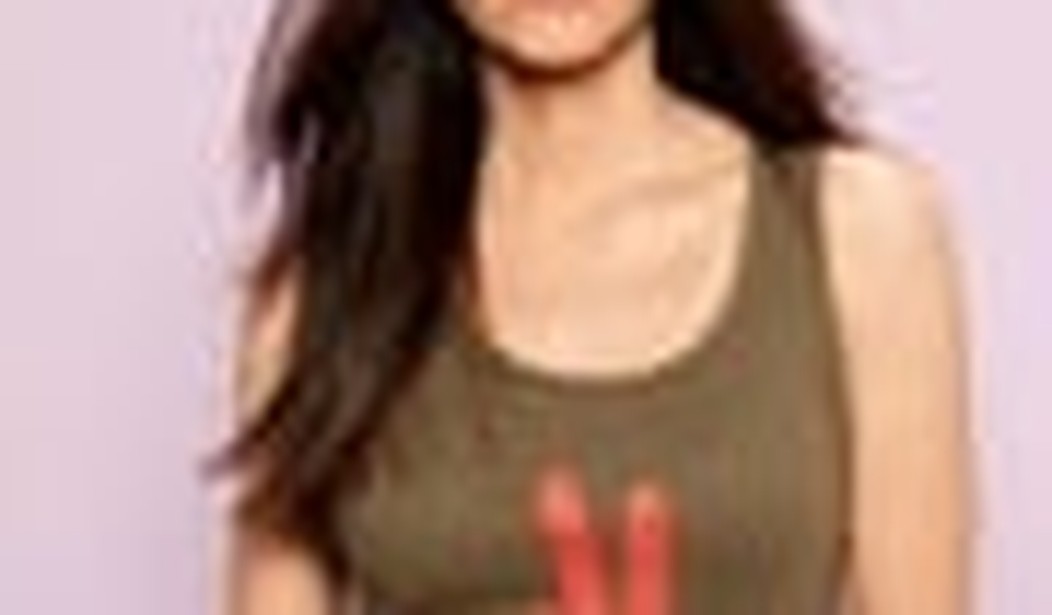Ever since I “came out” after 9/11 as someone who “goes both ways” – pro-gay marriage and pro-War on Terror – I have been accused of being a conservative. As I have written elsewhere, that used to bother me a lot. But I got over it. I had been called a communist in other times and survived. As the old saying goes, call me anything you want, but just don’t call me late for lunch.
Nevertheless, I have the sense our society is increasingly trapped in old ideologies with withered definitions. Conservative, liberal, progressive, socialist, anarchist, libertarian, left, right-they seem to have lost much of their meaning and their punch, defined and redefined over decades, even centuries. This should be no surprise. The terms left and right themselves stem from seating arrangements from the French Assembly of 1791. Talk about ‘ye olde’.
Since we live in a world of media images, this has become even more confusing. In the current election, we have the spectacle of the leading Democratic candidates-who define themselves as “liberals” or sometimes as “progressives” to avoid the pejorative connotations of the former-competing with each other in their zeal to restrict a free trade agreement. Is this a “liberal” or “conservative” position?
Well, historically, it is liberal because it seems to side with labor, but in this case it really sides with labor bureaucrats (the high-paid leaders of local unions in endangered industries, an aristocratic elite of sorts), because the rank-and-file membership would more than likely suffer-at least in the long term-through the forced preservation of failing industries. Indeed, the larger working class beyond these local unions would suffer badly.
In another sense, then, Obama and Clinton are highly conservative, seeking to conserve at all costs a fading (labor) aristocracy that should long since have been consigned to the garbage heap of history. No wonder Obama’s economic advisor-in act worthy of the oldest of old politics-rushed to reassure the Canadian ambassador that the “candidate of change” was only joshing about reforming NAFTA. It was just another campaign fib for a gullible public. The image of ideology trumps the reality.
Meanwhile, “true conservatives” have lined up to vilify the putative presidential candidate of the Republican Party because he is not “conservative” enough, even though McCain’s voting record is well over eighty percent “conservative” (quotes deliberate because these definitions are ever fluid) according to most measurements. Again the image of ideology trumps the reality. McCain is seen by many as a closet liberal. Is he? Who knows? Maybe he’s a closet conservative masquerading as a progressive with libertarian and anarcho-syndicalist tendencies. Or maybe he’s just John McCain.
So is political ideology-as my title implies-all a fashion statement? Is liberal the new conservative, just as taupe or red might be this year’s new black. Of course not. But it is so more than we think it is. And ironically these same ideologies -our ideology-often dictate our employment, our social and family relationships and, worst of all, our self-image. No wonder, like Linus clinging to his blanket, we cleave to these very old, conventional and often sclerotic viewpoints more than we should-even though tend to blind us to the world in front of us and deny us the freedom to find a solution outside our little frames. Unconventional ideas become more threatening than they should because they don’t fit our received schema.
It’s not by accident then that the ideas being offered in the current campaign are almost as ‘ye olde’ as that French Assembly of 1791. Thus far we have not heard a seriously original thought of any depth from any candidate on either side, despite the umpteen debates and interviews that have taken place for lo these many months (or is it years?). Now I admit we don’t often see much originality in risk averse presidential campaigns, but in a world of fantastic innovation it would nice to see at least one candidate with a creative thought that might challenge the public. (No, “hope” and “change” don’t count.)
Now before you explode, I am not advocating the end of ideology or anything like it. Ideologies, theories of all sorts, are not only useful, they are part of the grand history of human thought. They are also part of our intellectual and emotional makeup. We all engage in the creation and disputation of ideologies. But if we let them always govern us, we are not free. We lose our mental flexibility and waste a great deal of time proving we are right (correct in our ideology) and that our adversaries are nitwits. We also decrease the likelihood of intelligent compromise and progress.
Instead, and corny as it sounds, I regard whatever paltry knowledge, whatever theories I have picked up or adopted in my life like arrows in a quiver. Most days I might be pulling the same arrow, but some days, when the prey changes, when the target shifts, as sometimes it does, I might pull a totally different arrow. I could be a capitalist for three weeks, but a Marxist for the fourth, a Freudian one day and a Zen Buddhist the next, a free trader for years and even–once in a while but not faintly in the case referenced above-a protectionist. But most of all I want to be free to contradict myself and to be wrong, because I am not always right. And when I look for a President, I look for someone with the same capacity.
Maybe what I am is an American pragmatist.
[But isn’t that a theory?-ed. Shhh….]
Roger L. Simon is an Academy Award-nominated screenwriter, novelist and blogger, and the CEO of Pajamas Media.









Join the conversation as a VIP Member